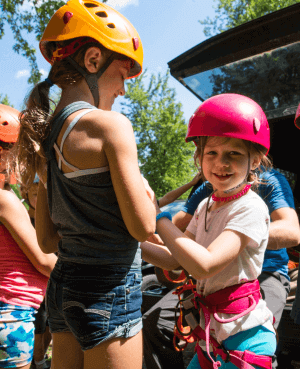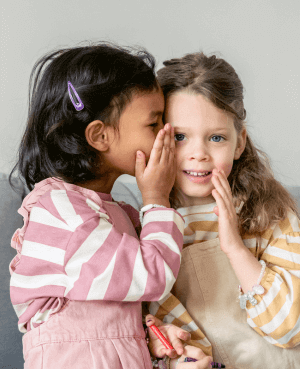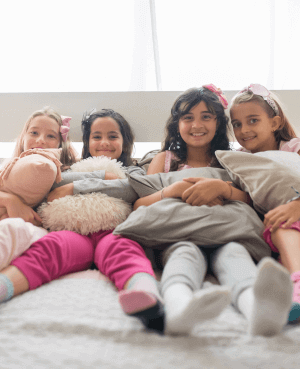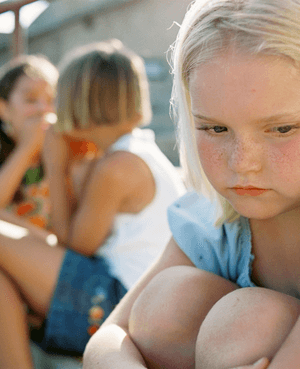Welcome to
the blog!
How can I get my oldest outgoing daughter help her more introverted sister make friends.
read the full post ⟶

featured post

As children grow, their friendships become increasingly more important to them and an integral part of their developing sense of self, of relationships, and how they fit into this world. Helping them learn to understand, process, and manage the multitude of emotions that come with early peer relationships can have a major impact on their development and mental health. Here to talk about the way children make, maintain, and nurture friendships is Dr. Eileen Kennedy-Moore. Eileen is a psychologist, friendship expert, and co-author of Growing Feelings: A Kids’ Guide to Dealing with Emotions about Friends and Other Kids.
keep reading ⟶

Is your child begging for a sleepover? Discover the factors to consider before saying yes or no to your little one.
keep reading ⟶

Were you uninvited to a birthday party, laughed at by a group of mean girls, or maybe even bullied? If you had some tough times in elementary, middle, or high school, it’s easy to inadvertently be projecting your own experiences onto your child as they develop their own social group.
Last week’s Securely Attached episode was all about peer rejection in toddlerhood—how to make space for a dialogue, develop a growth mindset, and help your child build their compassion, empathy, and social awareness.
While the fundamentals are the same, peer rejection in elementary or pre-teen child years can be much more nuanced. So Dr. Emily Upshur of Upshur Bren Psychology Group is back to help parents of older kiddos learn how best to support them, when to step in, how much emotional scaffolding to provide, and some key indicators that it may be time to seek professional help.